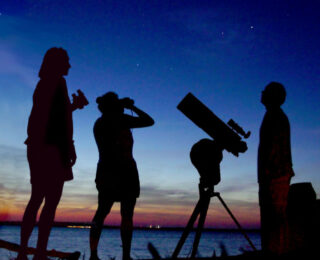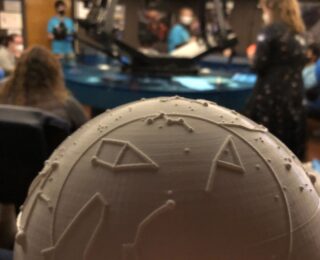
by Storm Colloms | Oct 30, 2023 | Daily Paper Summaries, Teaching
Queering research methods means breaking apart a problem to look at it from a completely new angle, today’s paper asks how we can use this to make physics education better for minoritised students.

by William Balmer | Jul 28, 2023 | Career Navigation, Guides, Personal Experiences, Teaching
Advising research students is one of the most rewarding aspects of doing research. How can you advise a research student during your PhD?

by Mark Dodici | Jul 14, 2023 | Daily Paper Summaries, Teaching
We feature Astrodigenous, an online collection of Indigenous Astronomy Knowledges from across Turtle Island.

by Briley Lewis | Jan 24, 2023 | Accessibility, Current Events, Personal Experiences, Teaching
How can you host a planetarium show for those who can’t see? Author Briley Lewis shares her experiences designing and offering a planetarium show featuring tactile astronomy and data sonifications!

by Astrobites | Dec 6, 2022 | Outreach, Teaching
In this next installment of our series focusing on outreach, we take a look at some University planetariums across the US doing stellar work!

by Astrobites | Nov 23, 2022 | Outreach, Teaching
Looking for new ways to do some outreach? Our outreach for astronomers series continues with info on Science Olympiad and UCLA’s Astronomy Live!






